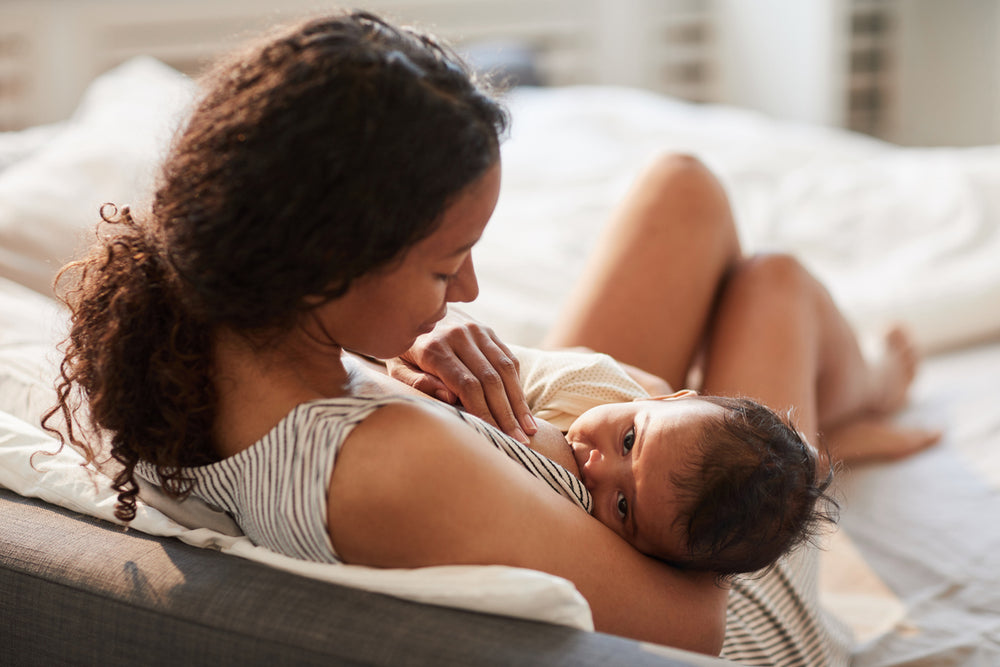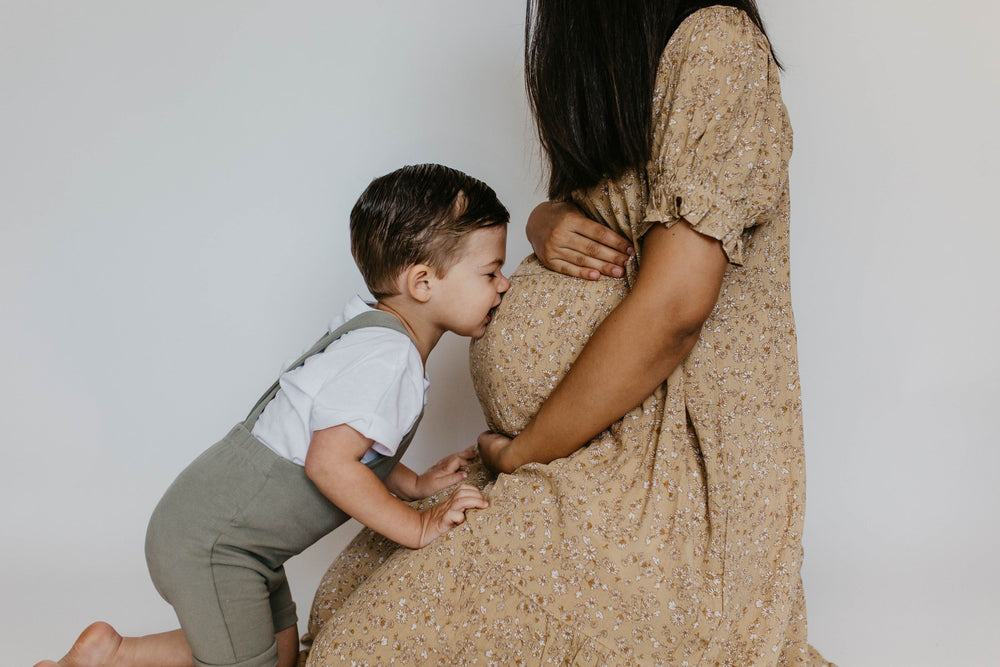Postpartum care varies as much by country as the food we eat and the language we speak do. To put a fine point on it, if you have a baby in Hungary, you can take three years of paid leave if you want. In Finland, the government will send you a care package with a makeshift bassinet, socks, diapers, and about fifty other things a new mother might need. Here, what the numbers tell us about postpartum practices and attitudes around the world.
Work Leave
3
Nations in the world that don’t mandate paid time off for new parents: Papua New Guinea, Suriname, and The United States. Among developed or high-income countries, according to standards set by the Organisation for Economic Co-operation and Development, the US stands alone.
161
Weeks of paid leave available for mothers in Finland, which is considered to be one of the most postpartum-positive and family-centered nations in the world. Other nations offering generous paid leave include Hungary (160), Estonia (166), and the Slovak Republic (164).
30
Weeks of maternity, parental, and home care leave in Chile that provide 100 percent of your salary. Full compensation lasts for twenty weeks in Poland, sixteen weeks in Spain, and fifteen in Israel.
18
Minimum weeks of maternity leave recommended by the World Health Organization.
52
Weeks of paid paternity leave available to fathers in Korea and Japan.
26
Percent decrease in the likelihood of anti-anxiety medication being prescribed to mothers in Sweden during the first six months after childbirth, according to one study, after new legislation made it possible for fathers to take paternity leave concurrently with their partners in the early months postpartum.
Health and Recovery
49
Average number of hours that families in the Netherlands have in-home help from a kraamverzorgende, or home maternity nurse, covered by insurance. They’re available for up to ten days after birth and assist with everything from breastfeeding to laundry.
56
Days after birth a midwife is available for home visits covered by insurance in Switzerland.
1
Number of months that new mothers in China are encouraged to rest after giving birth. This period, known as zuo yue zi, is described as “mothering the mother.”
40
Number of days that women in Mexico typically rest after giving birth, known as la cuarentena.
8
Number of weeks that many women in Japan stay at their parents’ home after birth, under the care of their mother. The ritual is known as satogaeri bunben, and many expectant mothers arrive at their parents’ home when they’re in their third trimester.
3
Number of days that a midwife provides massage to new mothers in Malaysia, to increase circulation and promote overall healing.
6.2
Average number of days of a hospital stay for a typical birth in Ukraine. In Croatia, it’s 5.4. In Switzerland, it’s 3.6. In the US, it’s just 2 days.
Financial Cost
$1,900
Average hospital admission cost for childbirth in South Africa. In the United Arab Emirates, it’s $3,100. In the US, it’s $11,200.
100
Percentage of maternity care in the United Kingdom covered by the National Health Service, including prenatal examinations, birth preparation classes, laboratory testing, birth, and postnatal checks.
$200
In Finland, you can choose between a maternity grant of €170 (about $200) or a care package of over fifty items for the baby, including clothing and toys. The box it arrives in also doubles as a bassinet.
1
Percentage of their income parents spend on childcare in Germany. Parents in Portugal spend 7 percent on average. Parents in the US spend 23 percent.







